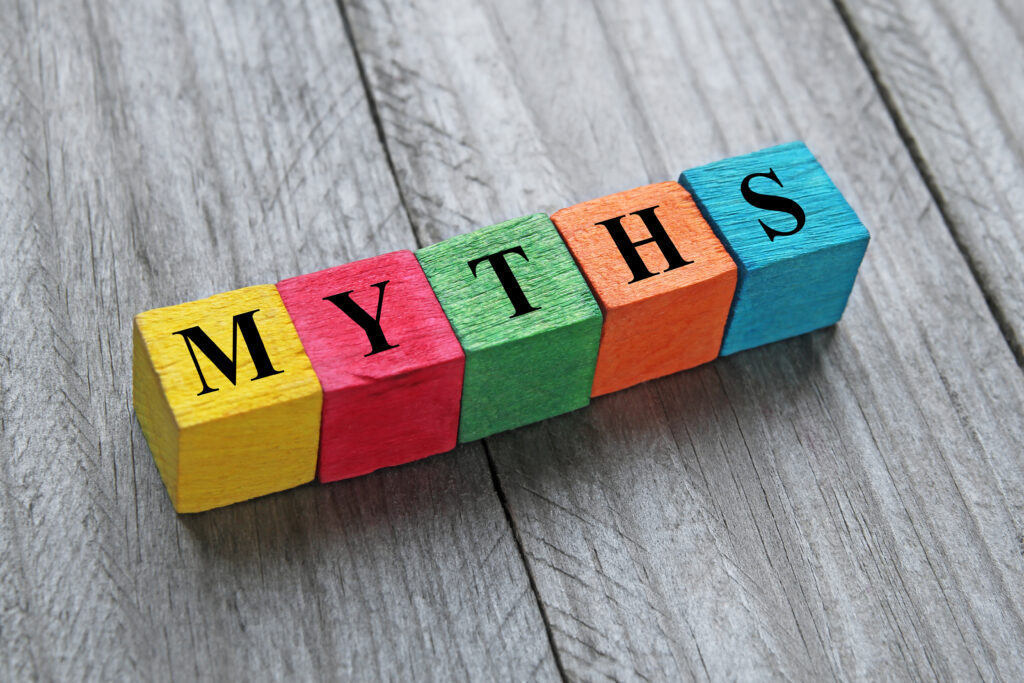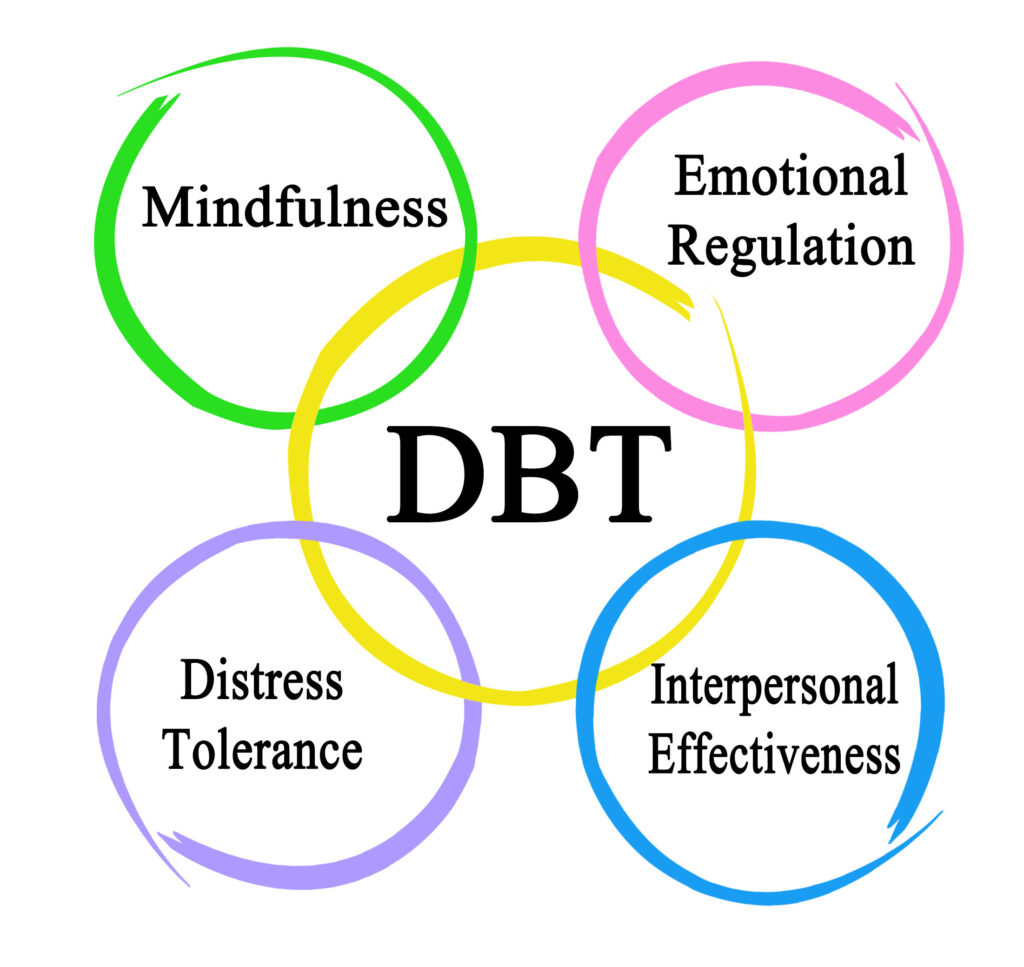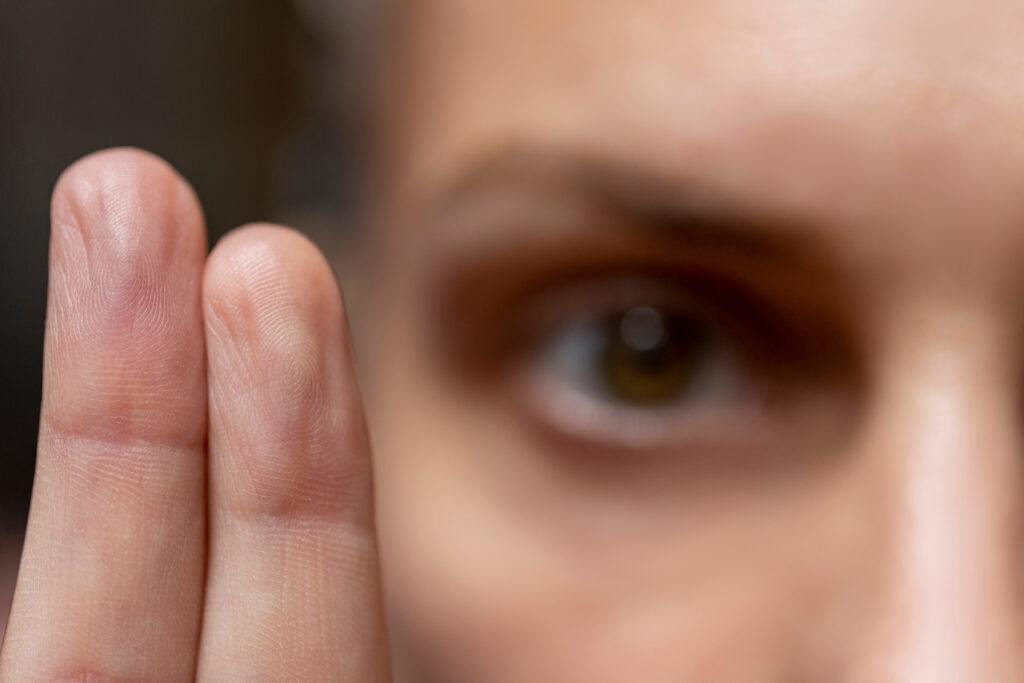Get Expert Insight on Relevant Industry Topics from Our Team
Picture this. It’s the week after Christmas and you’re finally catching a break from the busy weeks of shopping, wrapping, planning, traveling, and socializing this season so often brings. You’re exhausted. You could probably sleep for the next three days if you could get away with it. Theyear is coming to a close, however, and […]
The COVID-19 pandemic impacted us in ways we could have never imagined. Many of these changes were nagging inconveniences, but for some the changes (e.g., loss of loved ones, developing long-COVID) were traumatic life-changing events; still, the lockdown and reprieve from the demands of “normal” life gave many an unexpected pause
Causes: Holiday depression often stems from various factors such as the stress of holiday preparations, financial pressure, family dynamics, and memories of lost loved ones. The contrast between societal expectations of joy and one’s personal feelings can intensify these feelings.
Tom Zuba has written a book full of tips and advice for the new way to mourn after the passing
of a loved one. Zuba is no stranger to grief and mourning, and he goes on to share his own
experience with this throughout his life, and how he wishes that he had a book like this one to
read when he was first experiencing a loss. Zuba has lost his two children and his wife over the
past twenty years, and he talks about his own experience with each death. He provides readers
with specific techniques, steps, and information on grief and mourning, and he fills us in on what
to expect when dealing with grief.
Dialectical Behavioral Therapy is all about the skills.
EMDR stands for eye movement desensitization and reprocessing. It employs the use of bilateral stimulation to reduce the intensity and distress of negative experiences. Bilateral stimulation comes in many different forms; including eye movements, sounds, and tactile stimulus (commonly referred to as ‘tappers’).
Depression is a mental health disorder that affects millions of people worldwide. It is characterized by feelings of sadness, hopelessness, and a loss of interest in activities that were once enjoyable. Depression can be caused by a variety of factors, including genetics, brain chemistry, life events, and environmental factors.
Hugging is a natural and universal gesture of affection that has been practiced for centuries across different cultures. It is a way of showing someone that you care for them, and it can also have benefits for mental health. In this blog, we will explore how hugging can help improve mental health.






